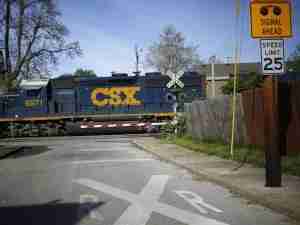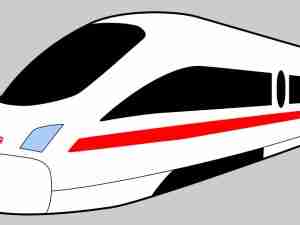BNSF's 2006 expansion projects in Missouri include $10 million for line expansion on the Thayer North subdivision and $3 million for line expansion on the Thayer South subdivision. The two subdivisions link Springfield to Memphis and the Southeast. In addition, about $550 million of BNSF's 2006 capital program will be used to acquire 310 low-emissions locomotives, many of which will operate through Missouri. The 2006 capacity enhancements are part of the 10% increase BNSF announced in January to its 2006 capital program to $2.4 billion.
Matthew K. Rose, BNSF Chairman, President and Chief Executive Officer, said in a letter to Missouri Governor Matt Blunt outlining BNSF's 2006 capital plans that, "BNSF is proud of its ability to provide transportation services to the businesses and communities we serve in Missouri, and we look forward to continuing to grow our capacity in a way that facilitates growth for the Missouri economy."
BNSF has increased its capital budget for the second year in a row as a result of increased returns on its capital investments and continued increases in demand for freight rail transportation.
Rose said that as long as BNSF's return on capital investment and freight rail demand continued to increase, BNSF is committed to expanding capacity and improving customer service while keeping its physical plant strong.
Railroads in the United States move more freight for less money and with less negative impact on the environment than any other surface transportation system. However, railroads are America's most capital-intensive industry, and even with BNSF's improved returns, the need for expanded rail capacity is expected to outpace the ability of private railroads to invest enough capital.
In order to encourage increased use of the economic, energy and environmental benefits of the US rail network, BNSF is supporting creation of a federal infrastructure tax credit to stimulate additional private investment in rail infrastructure.







